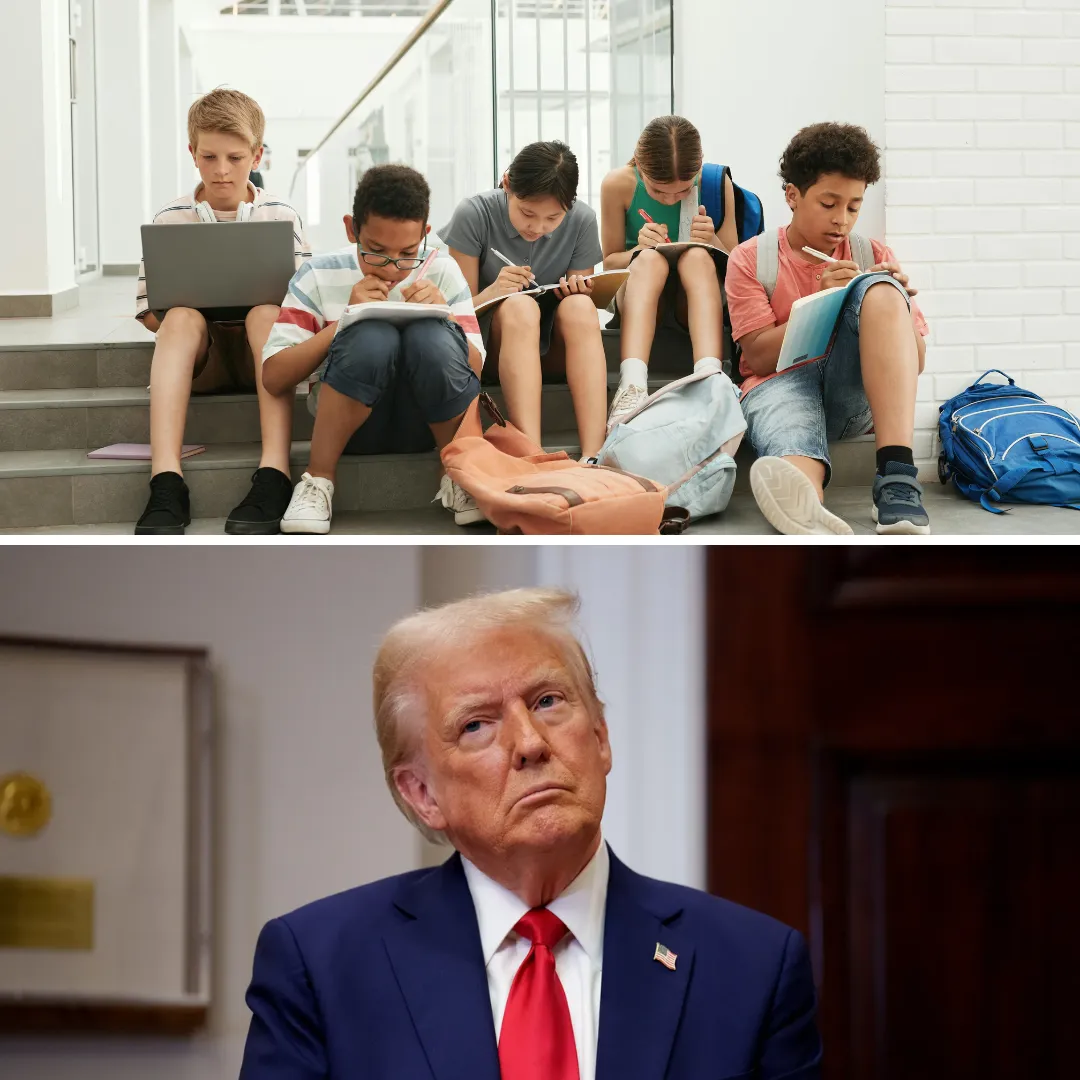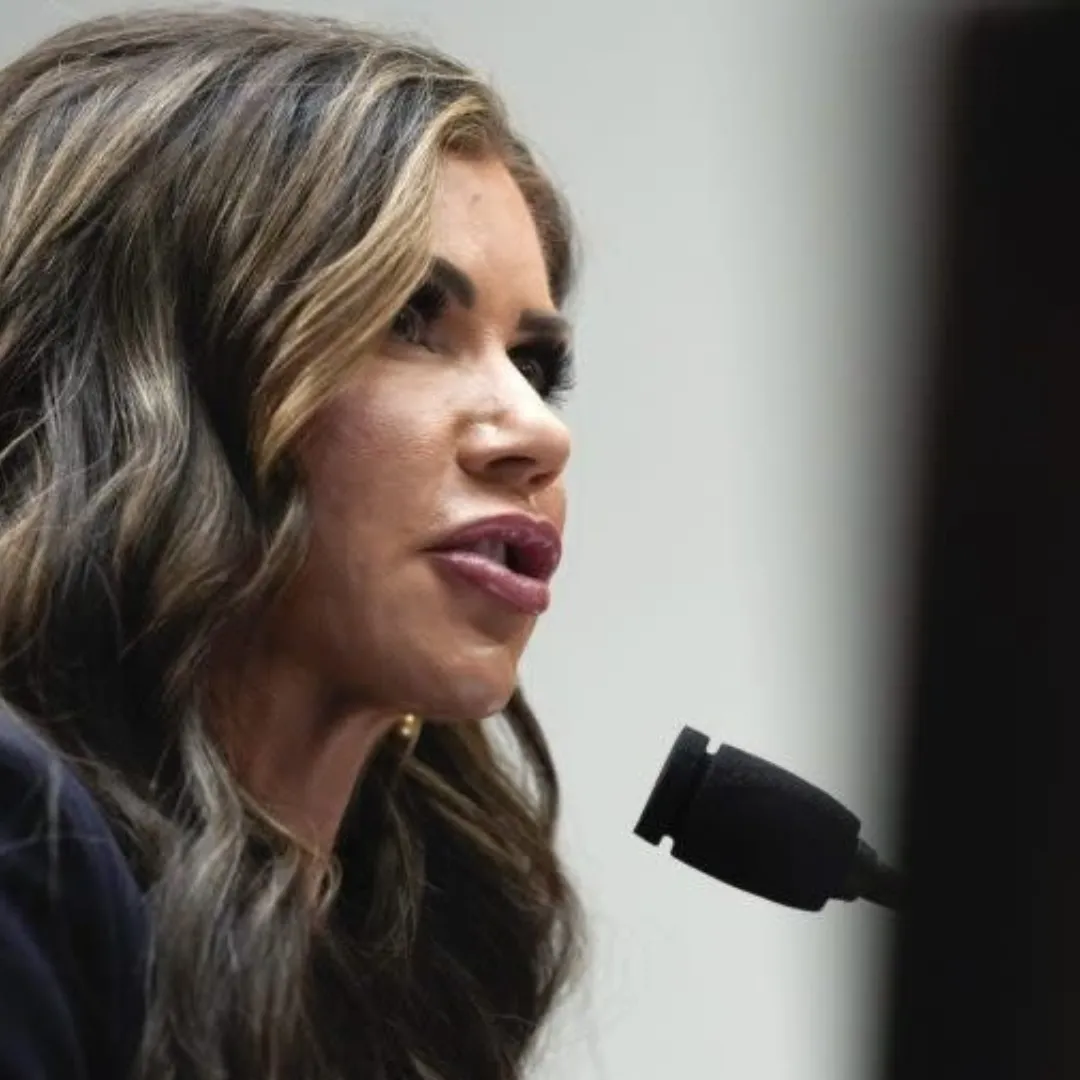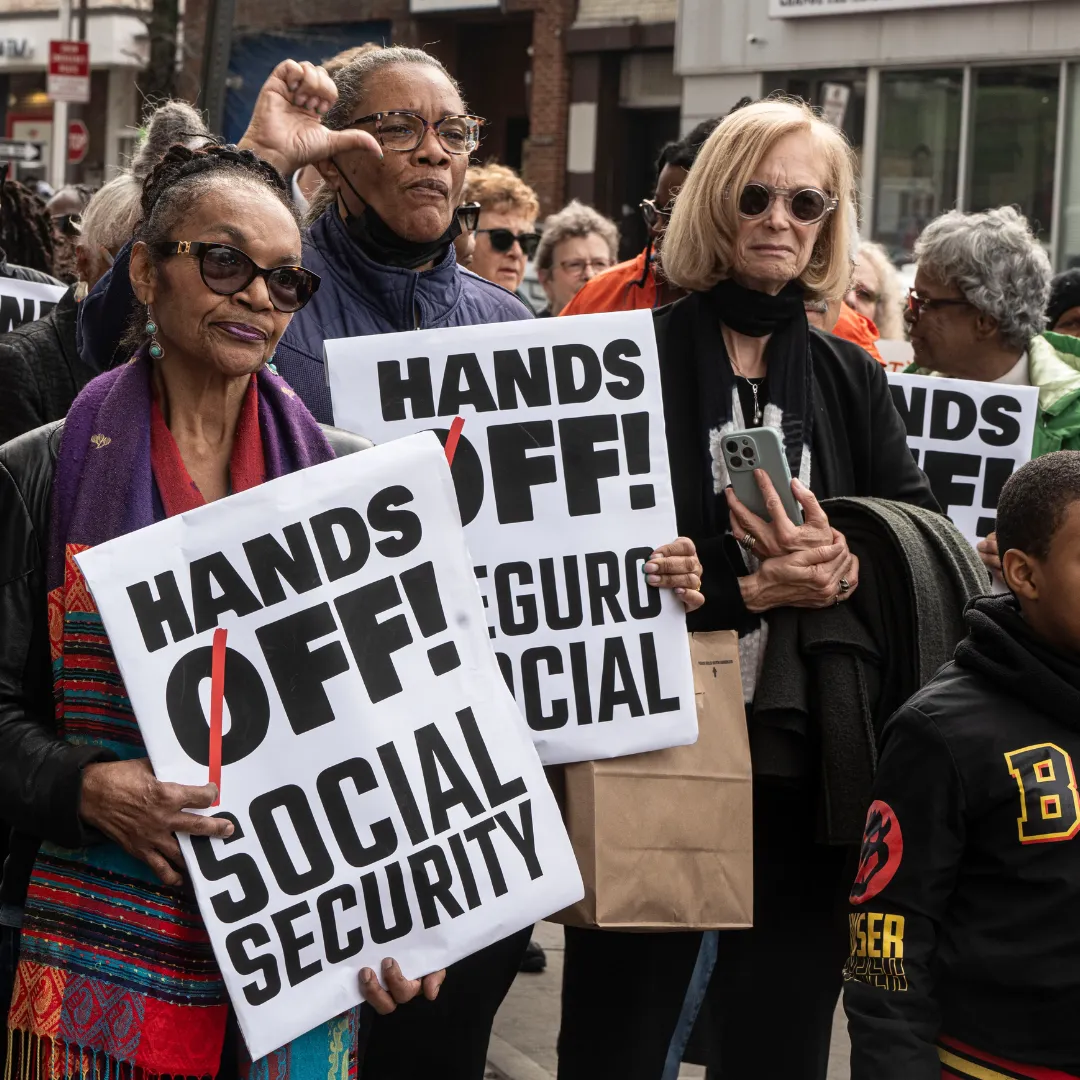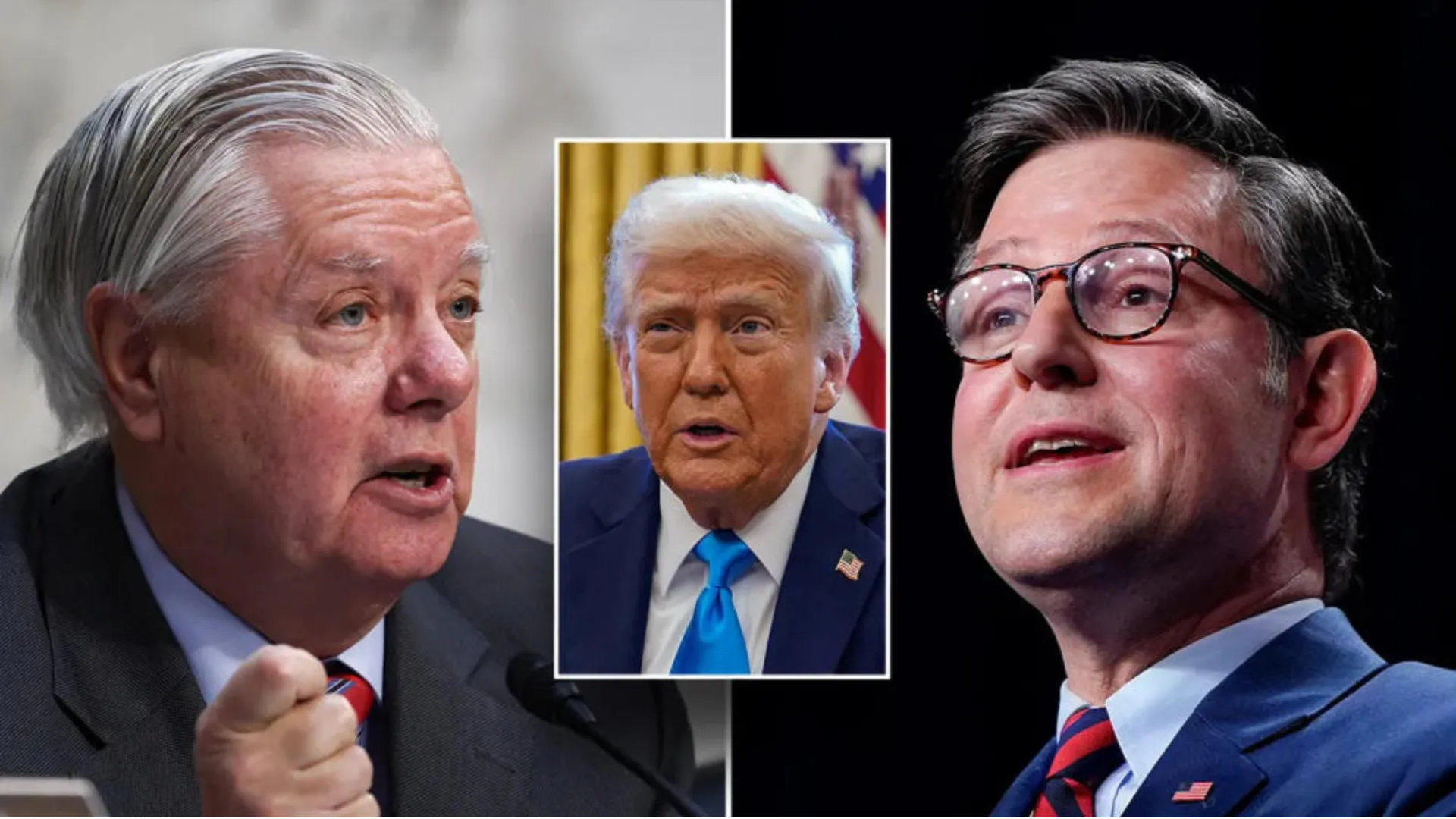
In a scathing rebuke delivered Sunday, Senator Cory Booker (D-N.J.) lambasted the Trump administration over its economic policies, specifically President Donald Trump’s decision to impose sweeping global tariffs, calling the move “monumentally wrong” and deeply damaging to the American people.
During an interview on ABC’s This Week, Booker took direct aim at both Trump and National Economic Council Director Kevin Hassett, who had appeared earlier to defend the administration’s controversial economic maneuvers.
Hassett argued that the new tariffs would not have a significant impact on U.S. consumers and claimed that over 50 countries were now entering trade negotiations with the United States as a result.
Booker, however, was not persuaded. “God bless Kevin,” he said, “but I’ve never seen an administration in my lifetime do something so monumentally wrong and that so staggeringly hurts American people.”
The senator went on to describe an outpouring of concern he has received from constituents, many of whom have expressed fear and frustration over what they see as a sudden and devastating blow to their financial security.
“I’ve been hearing all day yesterday,” Booker said, “from frightened Americans who’ve saved for their entire lives, for retirement in the coming months, but now know they can’t because in one fell swoop, Donald Trump has devastated their retirement accounts, their 401(k)s.”
The senator’s remarks reflect growing concern across both financial markets and middle-class households, as the fallout from the tariffs begins to ripple through the economy.
Wall Street has experienced heightened volatility in recent weeks, with several major indices posting significant losses amid fears of a global trade war.
At the same time, consumer confidence has begun to waver, particularly among older Americans and those approaching retirement.
Financial experts say that even the perception of economic instability can lead to sharp drops in retirement portfolios and investment accounts, as markets react to uncertainty and international retaliation to U.S. trade policies.
Adding fuel to the fire, Booker noted that the administration’s tariff announcement came in tandem with a renewed push by Senate Republicans to extend Trump’s 2017 tax cuts—a set of measures already widely criticized for disproportionately benefiting the wealthiest Americans.
“This is all happening in the backdrop of what happened in the Senate this week,” Booker said, “where they’re pushing an extension of the Trump tax cuts that overwhelmingly went to the wealthiest of Americans.”

Indeed, the tax overhaul passed in 2017 slashed the corporate tax rate from 35 percent to 21 percent and introduced temporary individual tax reductions set to expire in 2025.
The latest GOP budget resolution aims to make those cuts permanent, a move that analysts estimate would add trillions of dollars to the federal deficit over the next decade.
Critics like Booker argue that this combination of aggressive trade policies and continued tax breaks for the rich amounts to an economic double whammy for working and middle-class families.
Booker’s criticisms come on the heels of his record-breaking speech on the Senate floor last week.
In a move that drew widespread attention and praise from progressive activists, the New Jersey senator held the floor for more than 25 hours—setting a new record for the longest Senate speech in U.S. history.
Throughout the speech, Booker delivered a point-by-point takedown of Trump’s policies, from immigration and climate change to healthcare and tax reform.
But his primary focus remained fixed on what he described as the administration’s reckless approach to the economy and its failure to deliver on promises made to the American people.
“Donald Trump told Americans he would fight for them,” Booker said. “He told workers he’d bring jobs back.
He told retirees he’d protect Social Security and Medicare. Instead, what we’ve seen is chaos. We’ve seen fear. And we’ve seen a president who governs with a sledgehammer instead of a scalpel.”
Appearing earlier on the same ABC program, Kevin Hassett defended the administration’s economic strategy, arguing that the president’s moves were calculated to pressure foreign governments into fairer trade deals.
“We’re seeing more than 50 countries come to the table,” Hassett said.
“The goal here is not to punish consumers but to level the playing field so that American companies—and American workers—can finally compete fairly.”
But for lawmakers like Booker, those assurances ring hollow.
He pointed to the immediate economic consequences already being felt across the country and questioned whether the long-term benefits Hassett alluded to will ever materialize.
“I’m not going to gamble with people’s lives on some theoretical outcome years down the line,” Booker said. “The pain is happening now.”
The economic anxiety referenced by Booker has not gone unnoticed. In recent polling conducted by Gallup and Pew Research, a majority of Americans reported concern about inflation, market volatility, and the rising cost of living.
For those nearing retirement, even modest downturns in the market can translate into delayed retirement plans or significant changes to lifestyle and healthcare access.
Booker said that dozens of constituents have reached out to his office since the tariff news broke, with many sharing deeply personal stories about how the market turbulence has already erased years of savings.
“These are real people. Not talking points,” Booker said. “They’re teachers, small business owners, veterans. They’re scared. And they feel abandoned.”
The clash between Booker and the Trump administration is also indicative of the broader political dynamics as both parties begin positioning themselves ahead of the 2024 presidential election.
While Trump has not officially confirmed a run, his continued public presence and influence within the Republican Party leave little doubt about his intentions.
Booker, meanwhile, is seen as a potential running mate or Cabinet pick for Democratic contenders, and his recent actions—especially the marathon Senate speech—have bolstered his profile among progressives.
Analysts say Booker’s aggressive stance may reflect a growing appetite within the Democratic Party for bolder, more unapologetic messaging on economic justice and accountability.
“He’s clearly trying to stake out moral ground,” said Maria Torres, a political analyst with the Brookings Institution.
“He’s not just criticizing policy—he’s telling a story about who is being hurt and why that matters. And that kind of messaging resonates.”
As the interview drew to a close, Booker offered a grim assessment of Trump’s legacy, calling his early days in office “the worst first 100 days in the last century of any president that’s ever taken that office.”

“The chaos he has unleashed on America, the financial insecurity that he has brought to people’s lives—this is not what he promised people,” Booker said. “It’s betrayal, plain and simple.”
Whether Booker’s warnings will influence Republican support for Trump’s agenda remains to be seen.
But with economic pressure mounting and political tempers flaring, the battle over America’s financial future is far from over.






